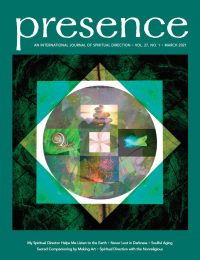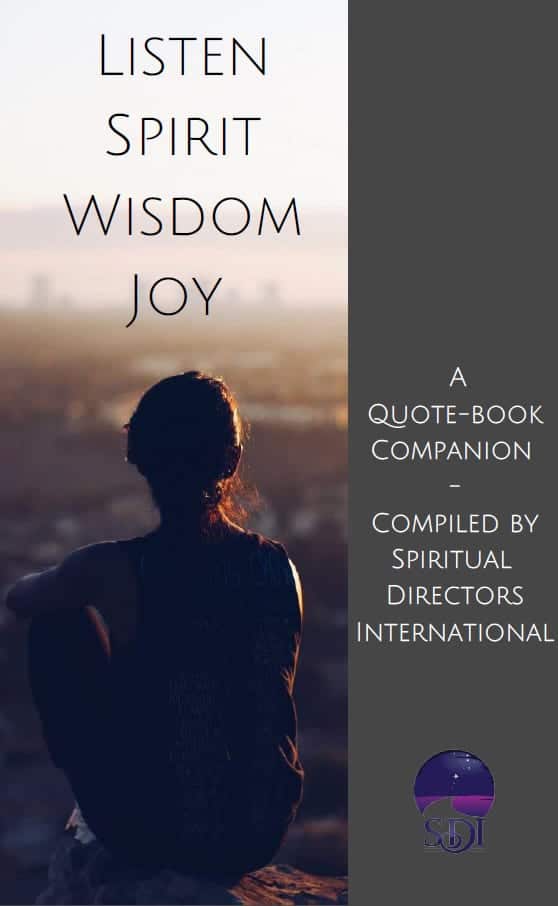The Two Hands of Yes and No: One Family’s Encounter with the Surprising Power of Active Nonviolence
by John Linn, Sheila Fabricant Linn, and Dennis Linn (Reviewed by Greg Richardson)
Maryknoll, NY: Orbis Books, 2019
192 pages
Price CAD$18.99, GBP £13.95, USD $15.10
 The Two Hands of Yes and No is an excellent introduction to the spiritual practice of active nonviolence. We live in a world where it is easy for us to believe we live our lives at the mercy of conflict and violence. Many of us feel overwhelmed by the adversarial nature of life around us. Our societies seem to teach us we find justice and peace only through violence and struggle.
The Two Hands of Yes and No is an excellent introduction to the spiritual practice of active nonviolence. We live in a world where it is easy for us to believe we live our lives at the mercy of conflict and violence. Many of us feel overwhelmed by the adversarial nature of life around us. Our societies seem to teach us we find justice and peace only through violence and struggle.
It is easy for us to assume we need to declare war on the forces that confront us. We see ourselves fighting a war against poverty, a war against crime, a war against drugs. Many of us believe the political decisions we make together are determined by contests and campaigns. We see nonviolence as a path of giving up, of surrendering to the forces around us and within us.
The Linn family—John and his parents, Sheila and Dennis—have learned through their experience that nonviolence is a practice of action, not of surrender. Their clear, direct, engaging book is a great place to begin, or strengthen, a spiritual practice of nonviolence.
The Two Hands of Yes and No is replete with stories to illustrate and explain how to practice nonviolence. The Linn family draws from their personal studies and life together to help us appreciate nonviolence as a spiritual practice. Nonviolence is a spiritual practice of two hands: “We need both hands in every relationship. In relationships of love and trust, we usually use the hand that reaches out and maybe only occasionally do we need to put up the hand that says, ‘No. Stop!’ In relationships of abuse, oppression, or injustice, we need more of the hand that says no. But if we want to stop the cycle of violence, even in abusive relationships, we need to somehow find a way to use the other hand, as well—the one that reaches out and says, ‘Yes, I care about you too.’” (7–8).
While not a handbook or checklist, each part of the book highlights a particular aspect of active nonviolence. My personal favorite story in the book describes how citizens of Wunsiedel, Germany, began using humor and irony to respond to neo-Nazis demonstrating where Nazi leader Rudolf Hess was buried. The town had been the site of an annual march for twenty-five years. In 2014, the people of Wunsiedel began a campaign known as “Nazis against Nazis.” “Local businesses and residents pledged 10 euros for every meter the Nazis marched, to be donated to EXIT Deutschland, a program that helps people leave neo-Nazi and other extremist groups. The townspeople turned the march into ‘Germany’s most involuntary charity walk’” (10). They stenciled a starting line, halfway mark, and finish line onto the street. At the end of the route, townspeople cheered the neo-Nazi marchers to the finish line. Marchers were showered with confetti, offered certificates of completion, and thanked for their contribution.
The Two Hands of Yes and No is a resource for anyone interested in exploring or beginning a spiritual practice of nonviolent action, and it will assist spiritual guides as they deeply listen to and accompany others, with open hands.
This Review Appears In
Reviewer
Greg Richardson is a spiritual director in Pasadena, California, USA. He has served as an assistant district attorney and is a lay oblate with New Camaldoli Hermitage near Big Sur, California. Greg’s website is StrategicMonk.com, his e-mail address is [email protected], and he writes a blog for the Contemplative channel on https://patheos.com.



